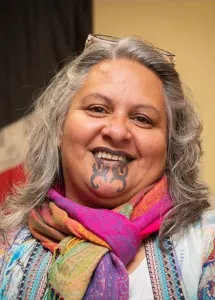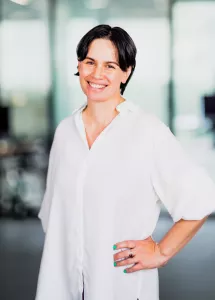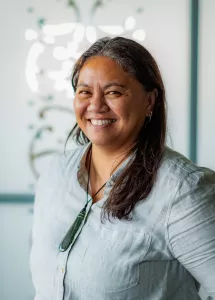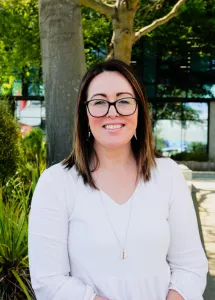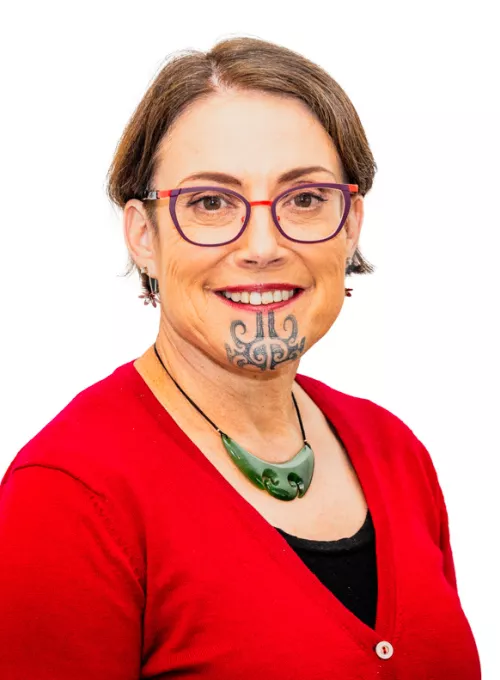
MBChB PhD FRNZCGP FNZCPHM
Professor Sue Crengle is a senior Māori health researcher, general practitioner, and public health physician with over 25 years of experience. Her work focuses on addressing health inequities, enhancing quality of care, and advancing Māori health outcomes.
Sue studied medicine at Waipapa Taumata Rau, The University of Auckland, specialising in general practice and public health medicine. She completed her PhD on ethnic inequities in primary care management of children’s asthma, marking the beginning of her commitment to equity-focused health research.
Currently, Sue works part-time as Co-Director, Ngāi Tahu Māori Health Research Uni and as a Professor of Hauora Māori at Ōtākou Whakaihu Waka, the University of Otago, where she teaches public health with a focus on Māori health. She empowers non-Māori students to reflect on their potential biases and supports Māori students in seeing the breadth of opportunities available in the health system.
Sue also practices one day a week as a GP for Ngāti Porou Oranga and is an advisor to several organisations, including He Āhuru Mōwai, Māori Cancer Leadership Aotearoa group, and Bowel Cancer NZ, where she advocates for equity in cancer screening and treatment.
Her research addresses pressing issues like cardiovascular disease and cancer. She is the principal investigator of a programme developing a lung cancer screening pathway tailored for Māori, utilising low-dose CT scans. Sue is also a senior leader in the Vascular Risk Equity in Aotearoa New Zealand (VAREANZ) programme at the University of Auckland, aiming to reduce inequities in cardiovascular disease management and outcomes.
As a former board member of Te Aka Wahiora, The Māori Health Authority, Sue has provided expert insights to guide systemic change. She was a vocal advocate for the earlier bowel cancer screening now available for Māori, aiming to address inequities in diagnosis and outcomes.
Sue’s work exemplifies her unwavering commitment to eliminating Māori health inequities and inspiring future leaders in health. Above all, she believes in creating a healthcare system that upholds mana Māori motuhake and ensures equitable care for all.
Links:
University of Otago Staff Profile – Professor Sue Crengle
Wikipedia Profile – Sue Crengle
Dr Sue Crengle: Our health inequities and colonisation. E-Tangata Article 7 May 2023
He Āhuru Mowai | Māori Cancer Leadership Aotearoa Sue Crengle Bio
Lung Cancer Policy Network - Sue Crengle Profile
New Zealand Doctor Rata Aotearoa Sue Crengle: Calling to account, 14 October 2022
Orcid Connecting Research and Researchers Sue Crengle profile
Updated 13 February 2025
